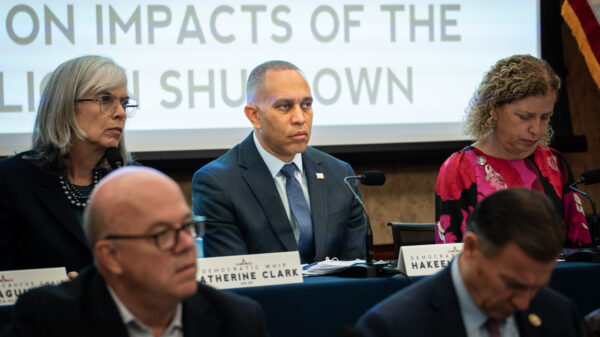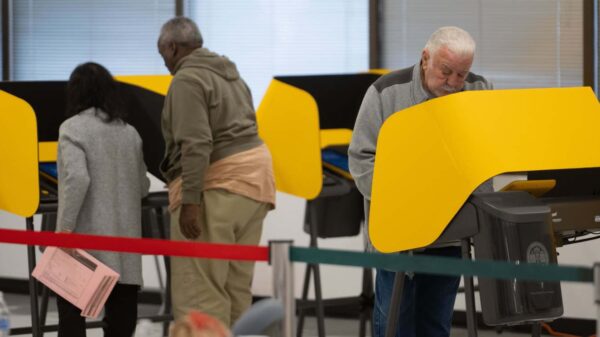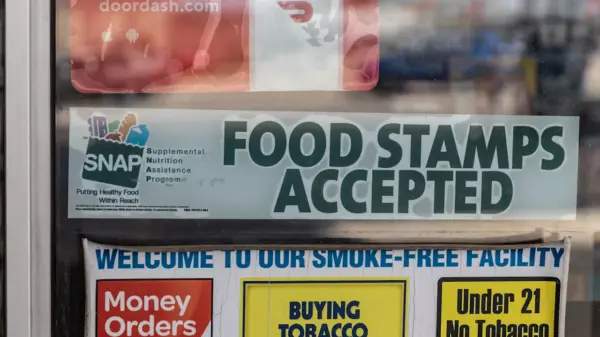In a significant turn of events, James Taylor and Brooke Aders-Taylor’s journey to expand their family through surrogacy in Indiana has brought to light critical legal challenges. After investing over $100,000 and adhering to all procedural norms, the couple faced unexpected hurdles that have left them questioning the viability of surrogacy in the state.
Struggles with Surrogacy Agreements
Initially excited about the prospect of welcoming a child, the Taylors engaged a surrogacy agency and hired a lawyer to navigate the complex legal landscape. However, as the process unfolded, their experience soured. After depositing significant funds into an escrow account, frequent requests for additional payments began to strain the relationship between the couple and the agency.
Aders-Taylor expressed their frustrations, stating, “We just said, ‘Hey, what about this introduction?‘ Like we want to start establishing this relationship with this person, versus feeling very much like an ATM.” Ultimately, the agreement with the agency and the surrogate was cancelled, leaving the couple in a difficult position.
Legal Implications of Surrogacy in Indiana
The couple discovered a harsh reality: under Indiana law, surrogacy contracts are considered void and unenforceable. Jody Madeira, a professor at the Indiana University Maurer School of Law, explained that public policy in Indiana does not support surrogacy, citing concerns about the commercialization of children and the commodification of reproduction.
In practice, this means that even if intended parents have a contractual agreement with a surrogate, the law does not recognize it. “It’s basically nothing more than a handshake,” Aders-Taylor remarked, highlighting the precarious nature of their situation.
To navigate these legal waters, intended parents must file paperwork to be recognized as the legal guardians of their child. This can involve obtaining a pre-birth order to place their names on the birth certificate or pursuing an adoption process post-birth. Madeira noted, “We have Indiana courts that have given pre-birth orders, and we have Indiana courts that basically will not enforce the surrogacy contract.” Nevertheless, the adoption process can be a viable route for legally establishing parenthood.
Despite recovering a portion of their escrow funds, the Taylors estimate they lost around $20,000 during this ordeal. More importantly, they feel they have lost precious time in their quest to grow their family. Aders-Taylor poignantly stated, “Money comes and goes. We’re going to leave this earth without it, but we’re not going to get that time back.”
Efforts to change surrogacy laws in Indiana have thus far been unsuccessful, leaving couples like the Taylors navigating a complex and often frustrating landscape. As family law is typically governed by individual states, the federal government has not intervened, resulting in varied legal interpretations and practices across the country.
The Taylors’ experience serves as a cautionary tale for prospective parents considering surrogacy in Indiana, highlighting the need for greater legal clarity and support for families seeking alternative paths to parenthood.




































































